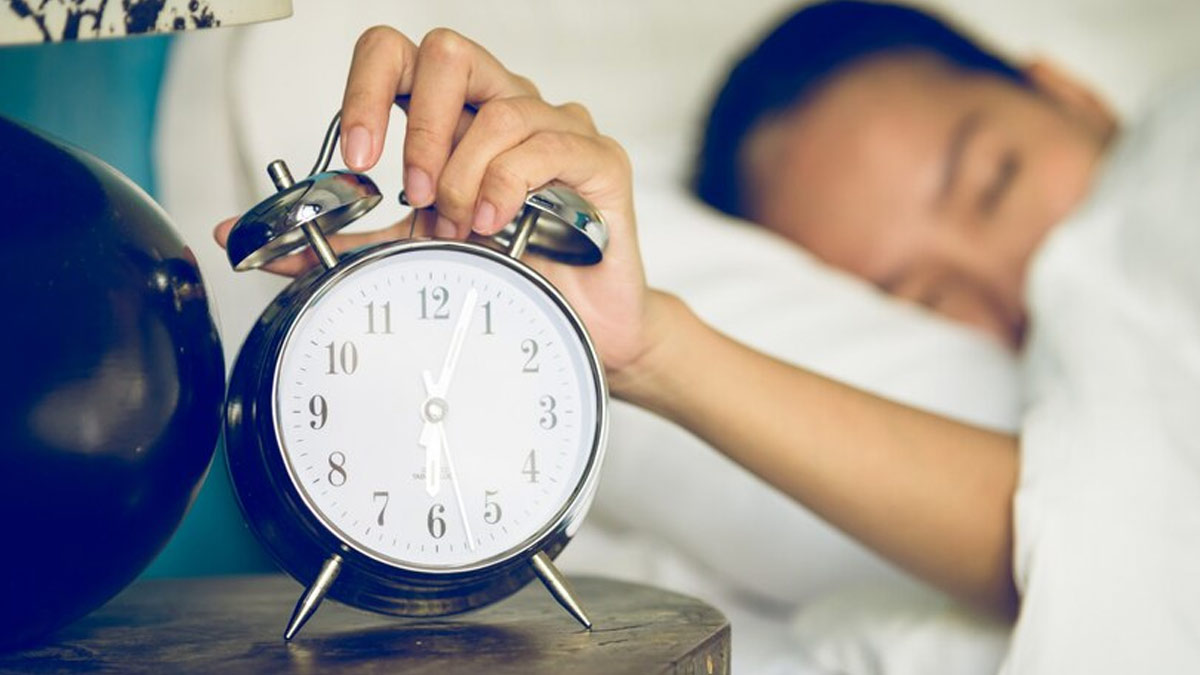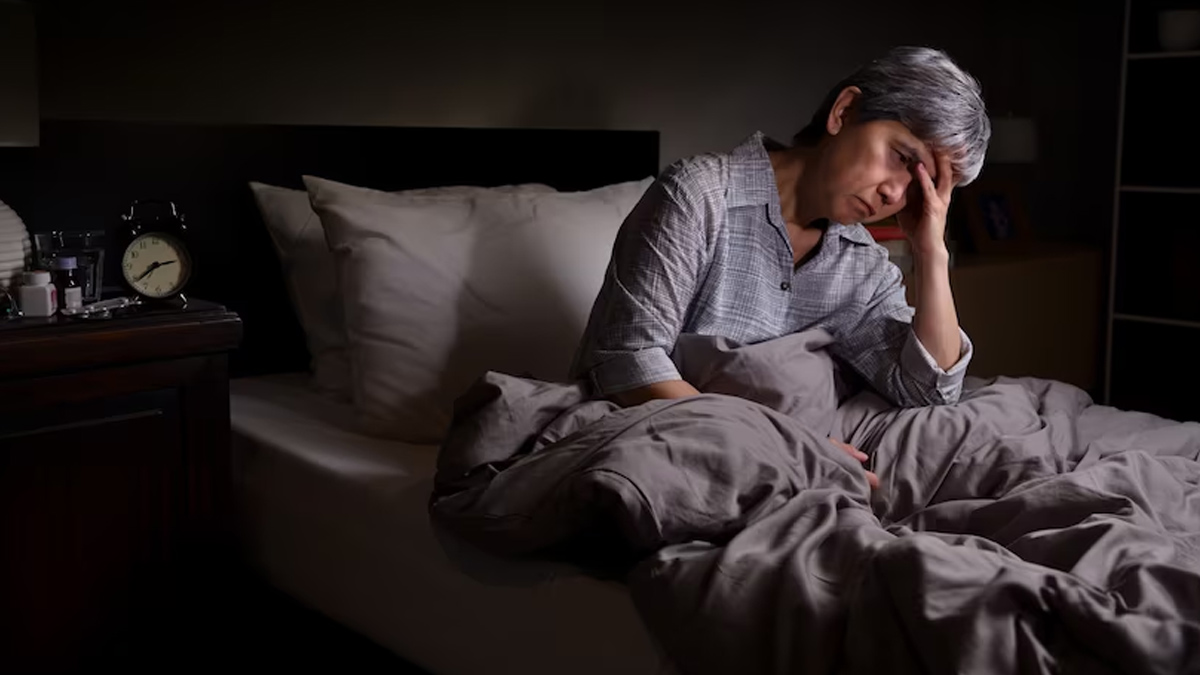
Circadian rhythms are cycles in your body, 24-hour patterns that your brain and body goes through. Circadian rhythms cause physical and mental changes in the body, including feelings of wakefulness and sleep.
Table of Content:-
To understand more on how circadian rhythms are connected to mental health and how they denote your poor mental health, OnlyMyHealth team interacted with Dr Lancelot Pinto Consultant Respirologist PD Hinduja Hospital & MRC, Mahim, Mumbai.
According to Dr Pinto, circadian rhythms are cyclical physiological variations that human bodies experience during the course of a day (Circa – about, dies – day). “These are governed by an internal biological clock that is greatly influenced by the exposure to light. The invention of the electric light changed the cues for this clock from sunlight and darkness, thereby leading to what we now call circadian rhythm abnormalities,” Dr Pinto said.
Also read: Mental Health Matters: Expert Explains How Loneliness Affects Your Well-Being

Correlation Between Circadian Rhythm And Mental Health
Talking about the abnormalities of light exposure, Dr Pinto said that these abnormalities are pronounced in certain situations such as shift work and jet lag.
“Originally assumed to be primarily associated with sleepiness, poor work performance and difficulties adapting, we now know that interruption of such rhythms, through various neurotransmitters and hormones (cortisol and melatonin being ones that have been studied extensively) can lead to serious mood disorders and mental health disturbances,” Dr Pinto said.
Explaining the correlation of poor mental health with circadian rhythm, Dr Pinto said, “Dysthymia, anxiety and depression have been associated with shift work. Jet Lag is also known to have effects lasting weeks, worse when flying eastward. Seasonal affective disorder, caused by changes in light exposure with seasons, in geographical regions farther away from the equator, is an example of how natural disruptions in circadian rhythms can have serious mental health consequences.”
Also read: What Is Circadian Rhythm, Body's Master Clock That Hates Poor Lifestyle Choices
How Artificial Lights Affect Circadian

The artificial or man-made light-darkness cycles that we presently live in have the potential for a day-to-day disruption of circadian rhythms. Citing an example, Dr Pinto said, “Backlit device usage is one such example. The bright light emitted by smartphones, tablets and e-readers are impediments for the biological clock to transition from day to night. “Social jetlag”, a term coined to explain the differences in sleep-wake cycle during the week (work, school schedules) versus the weekend (attempts at correction of a sleep debt) prevents individuals from having a consistent and adequate sleep schedule, imperative to mental health.”
Tips On Maintaining Circadian Rhythm

Dr Pinto suggested that people who are not engaged in shift work should have a consistent sleep schedule with a minimum of 8 hours of sleep is what is recommended.
Advising on how to improve circadian rhythm, Dr Pinto said, “If backlit devices are unavoidable before bedtime, limiting exposure to blue light is useful (many devices let you do this). Caffeinated beverages, nicotine, large meals, alcohol can all interfere with sleep and should be avoided, or consumed in moderation. For those engaged in shift work, melatonin might be helpful. In addition, blacking out the room, maintaining a low room temperature when feasible can be useful,” adding, “Optimizing sleep and physical activity should be the first step in the management of a mood disorder or a mental health illness, before medications are prescribed.”
Also watch this video
Read Next
Rani Mukherjee Opens Up About The Trauma That Comes With Miscarriage; Here’s How To Deal With It
How we keep this article up to date:
We work with experts and keep a close eye on the latest in health and wellness. Whenever there is a new research or helpful information, we update our articles with accurate and useful advice.
Current Version